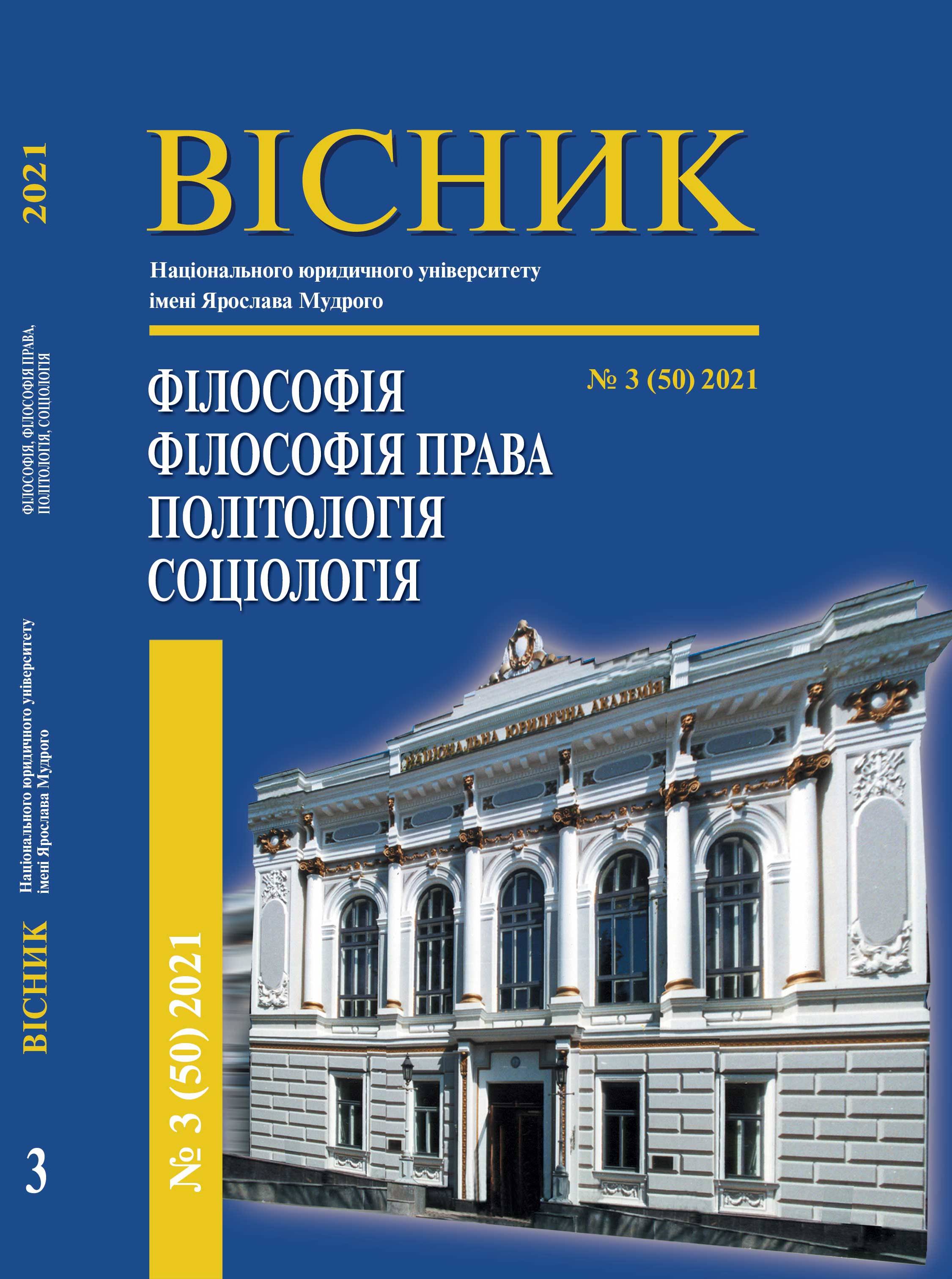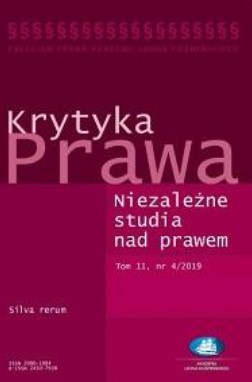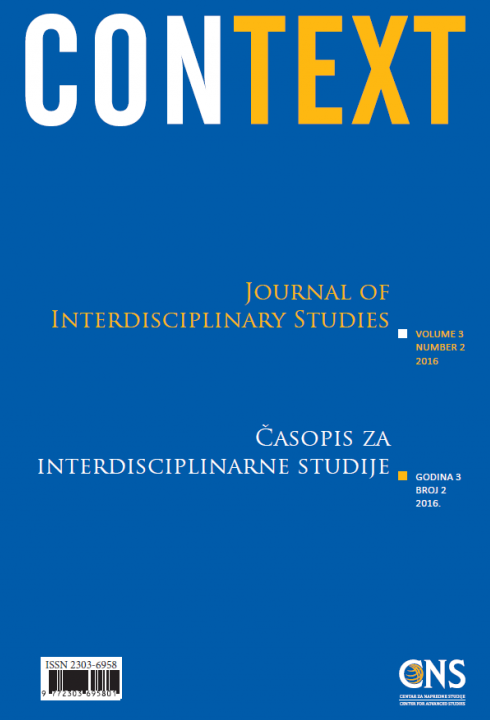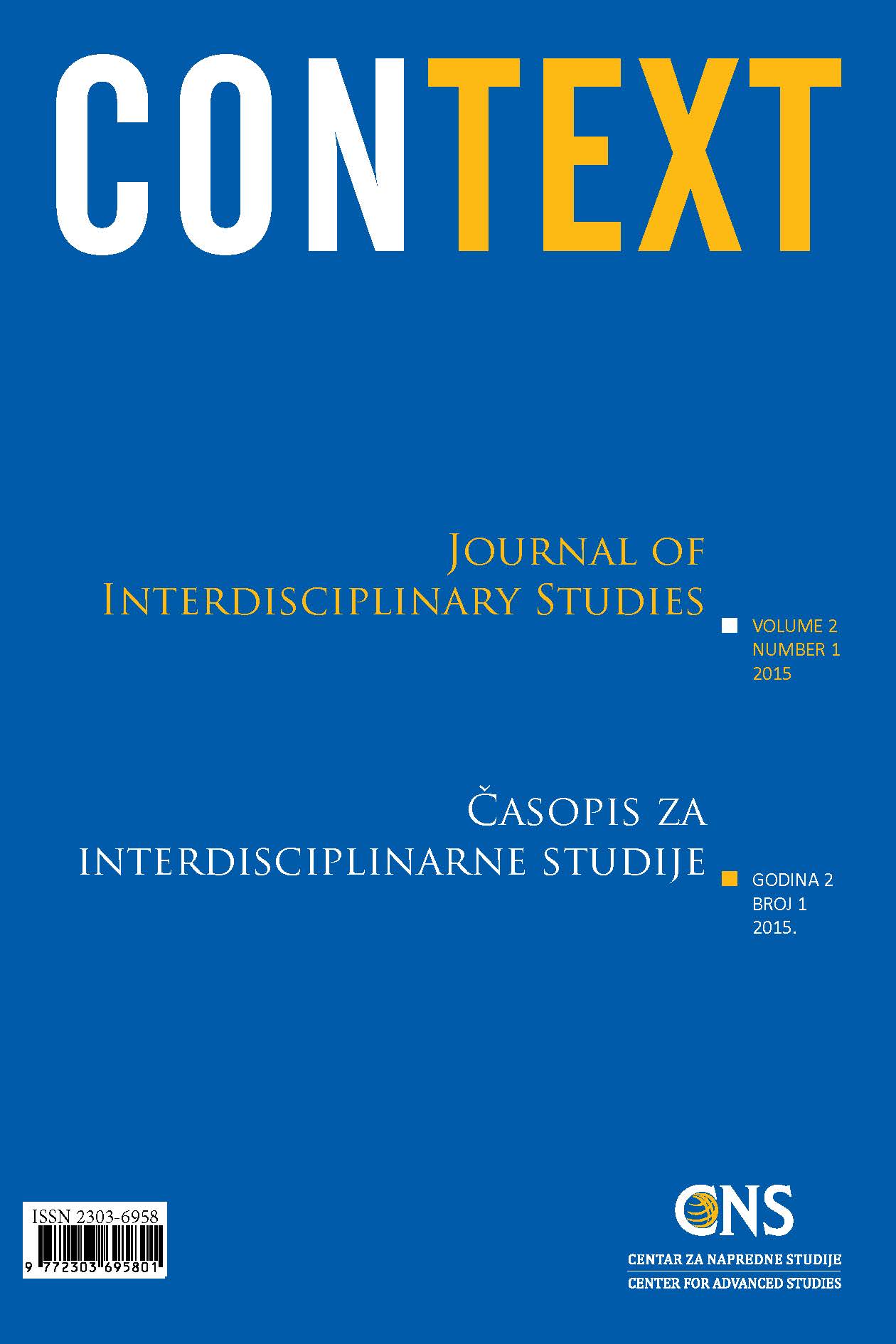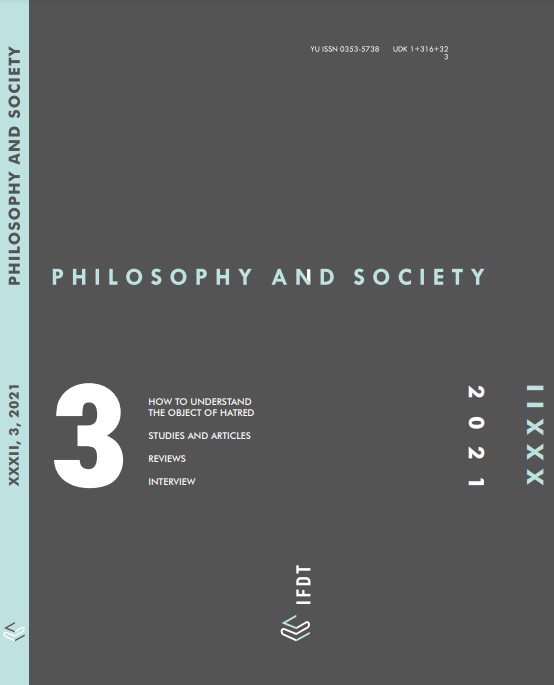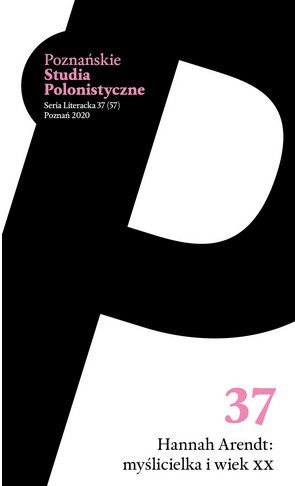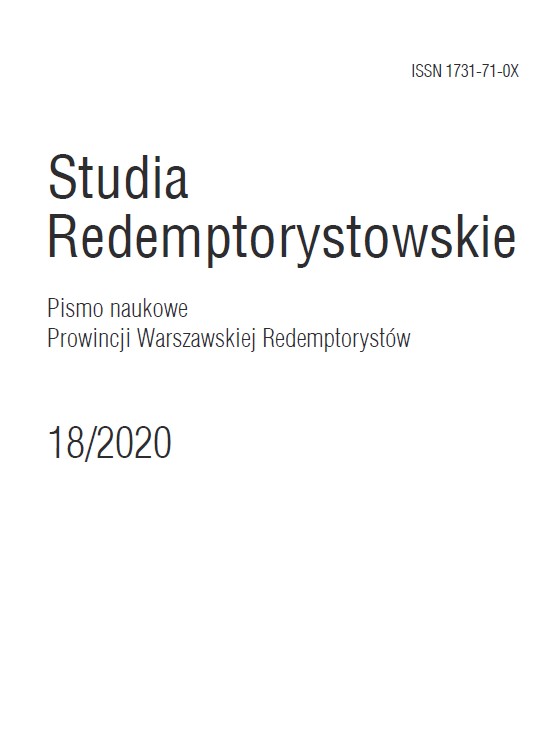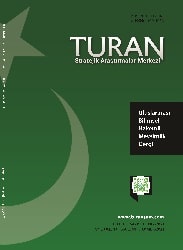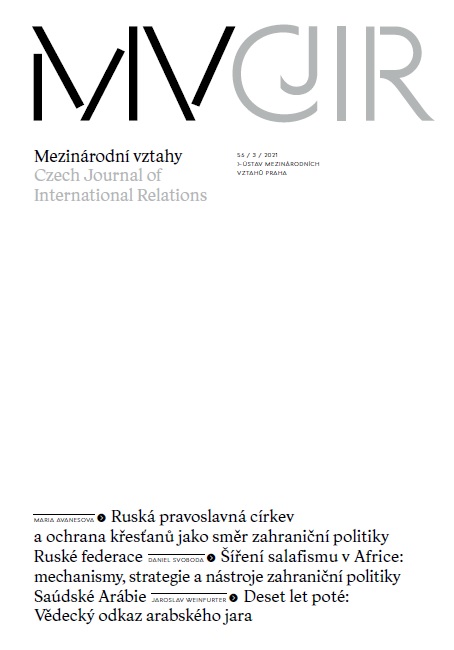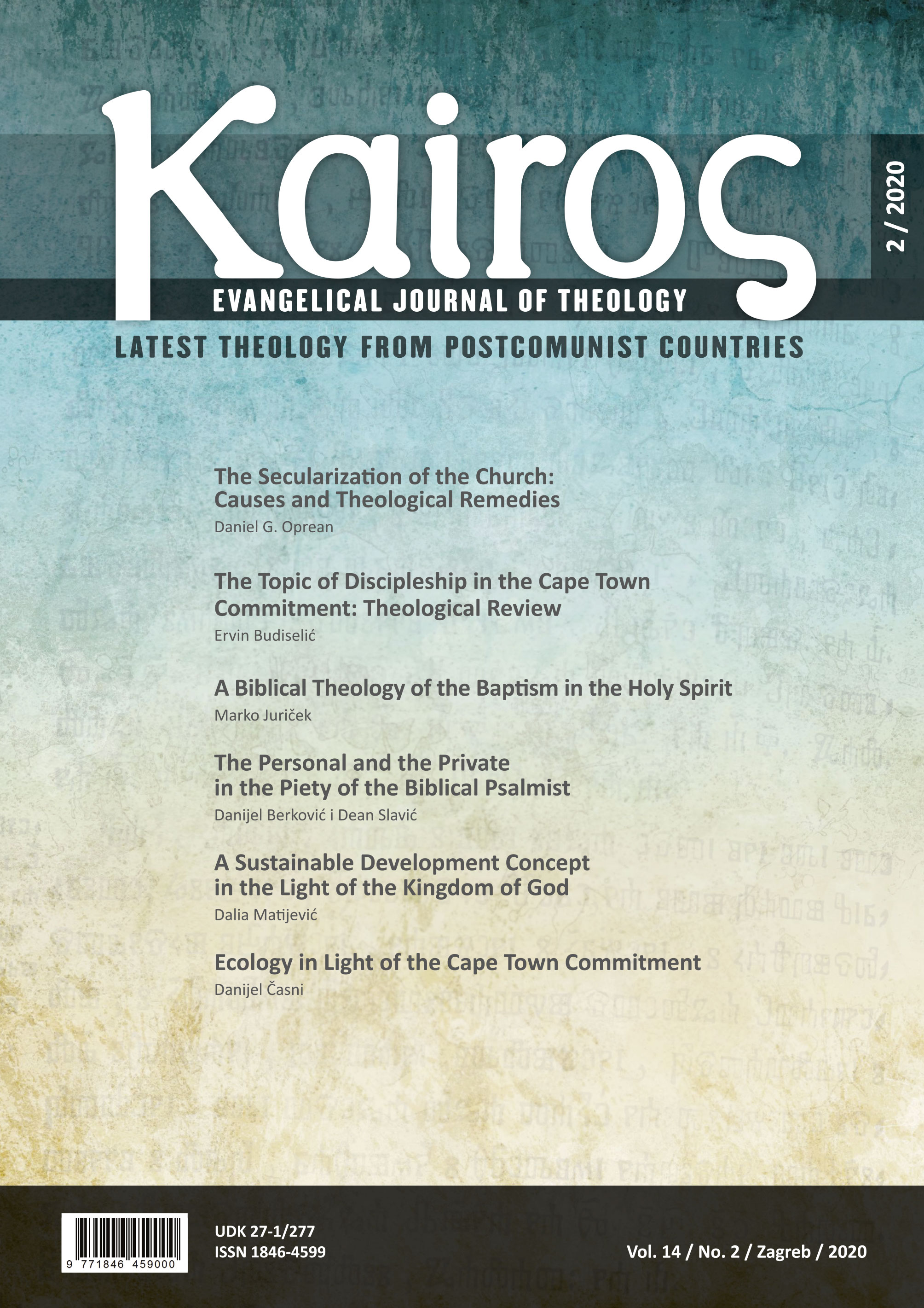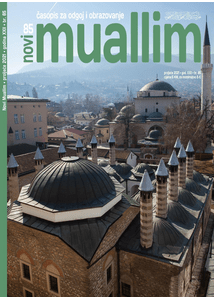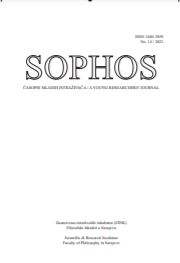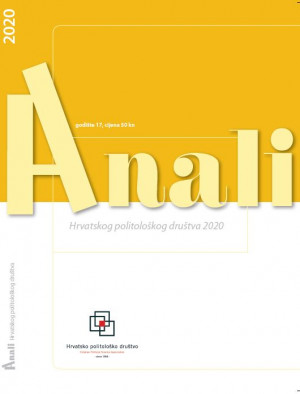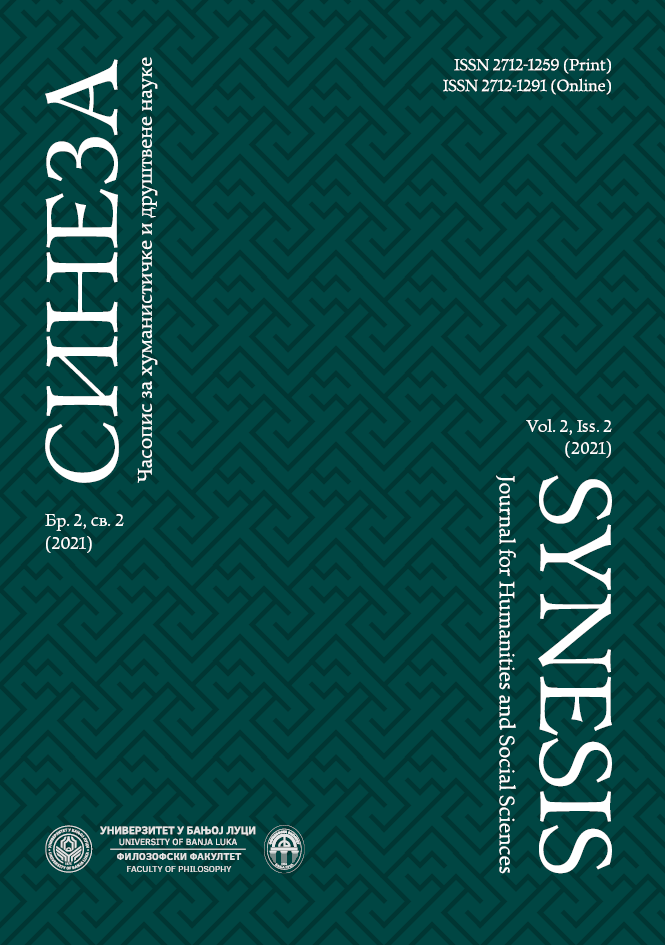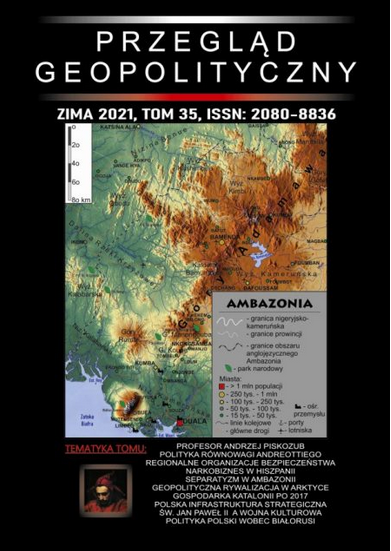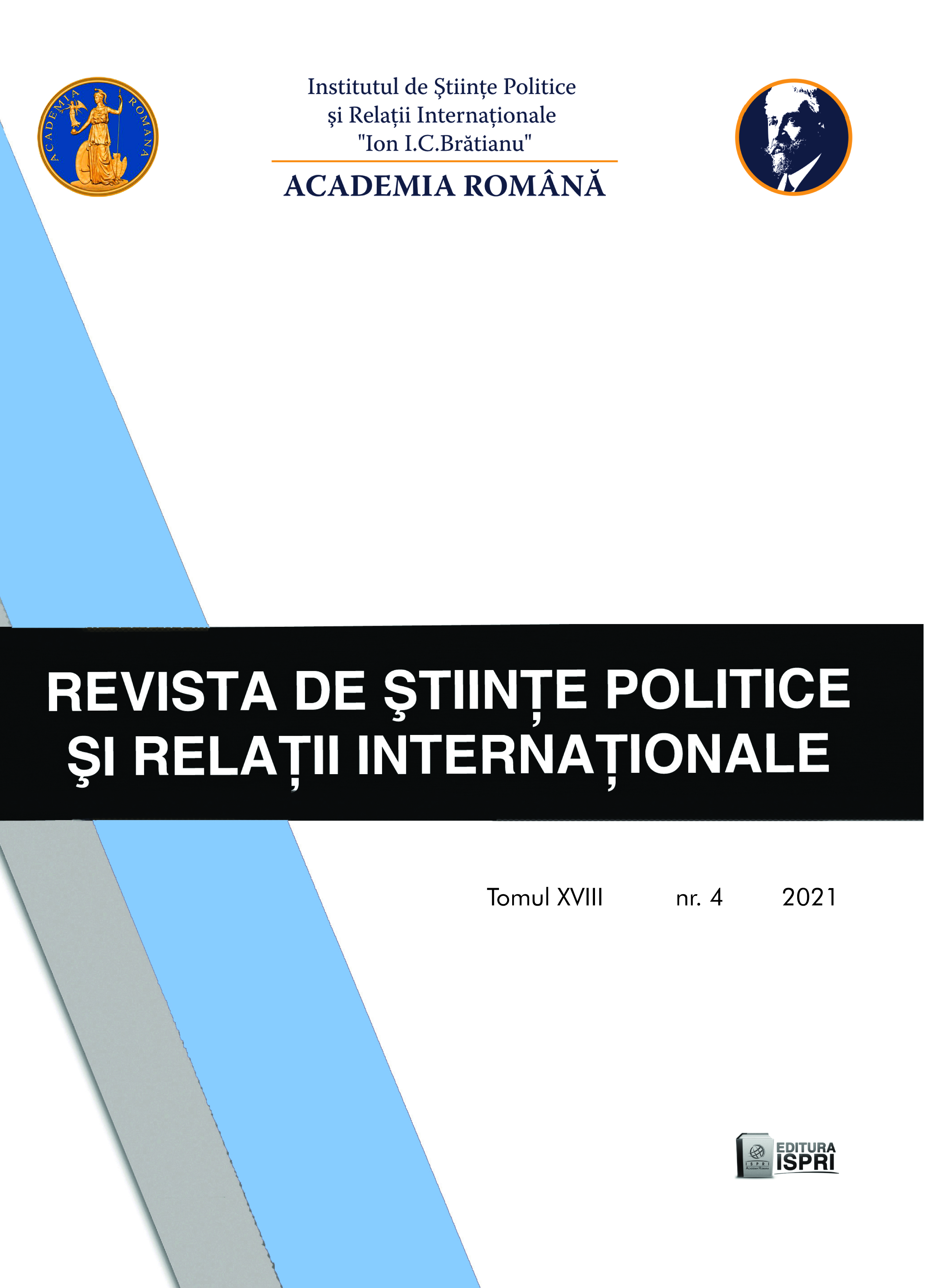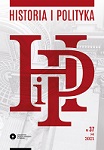
POLITIČKE RELIGIJE I PAMĆENJE ZLA
There is no doubt that we have witnessed in our time the awakening of fundamentalist forms of religiousness in the world. Violence, intolerance, cruelty, war and death have flourished under the holy banners and blessings of the Church. Therefore, sociology has every right to reconsider the causes of such phenomena, although history is well-acquainted with them and indisputably confirms them. of all sociological schools of thought, the functionalist theory was most convincing, for it deemed that the effectiveness of politics is all the greater if it is covered by religious interpretation. However, that particular school overlooked the equalization of politics and religion, i.e. the loss of their specific identities. Thus the emergence of the biological theory of holiness - according to the works of E.O. Wilson and 5.5. Acquaviva - which defines religion as the most successful strategy for surviving and outliving the human race. In this theory, the main role of conveyor is played by religious memory, as a result of which the abuse of such memory by politics often looms in the background of current political intolerance.
More...
